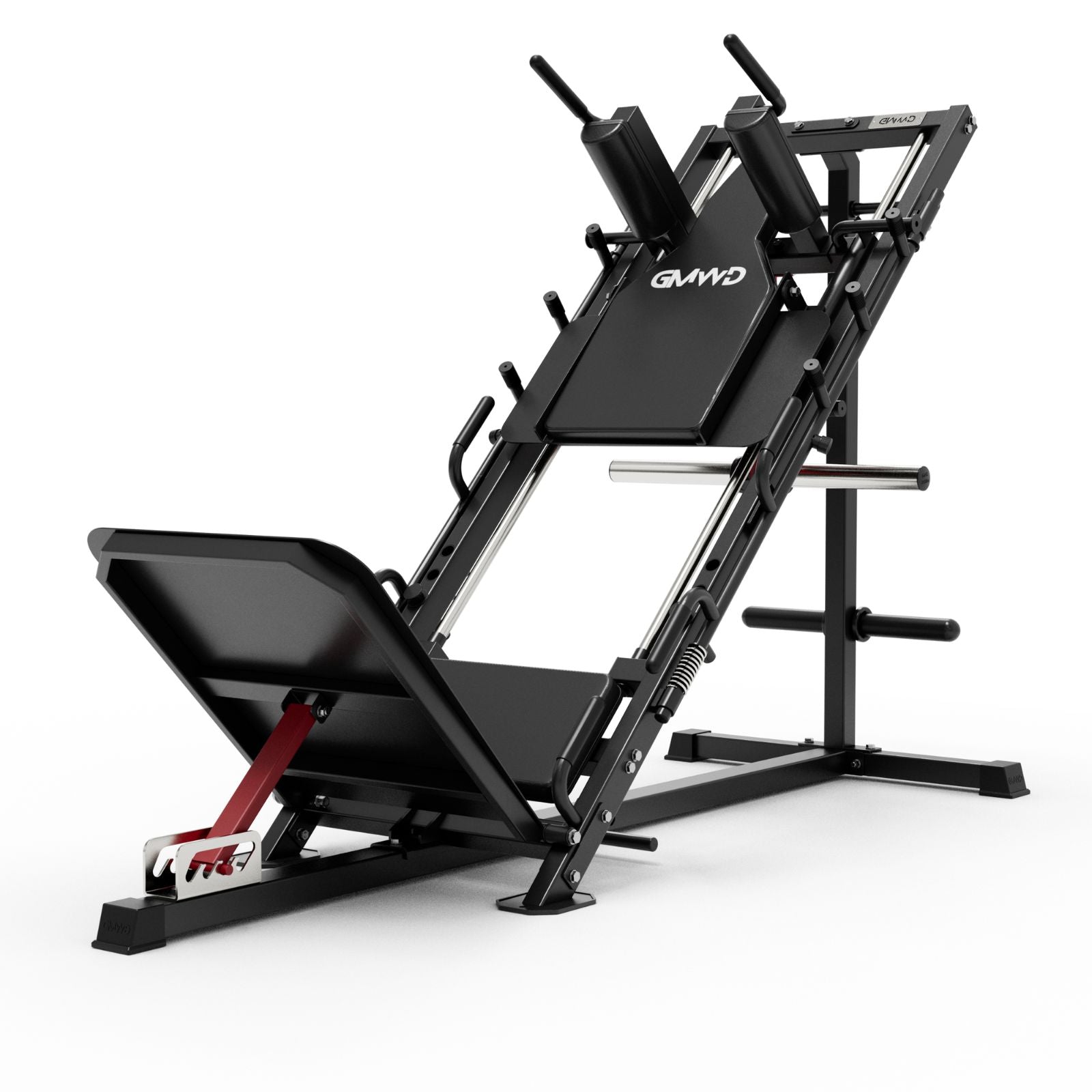If you've ever felt your shoulders light up after a heavy bench press day, you're not imagining it. While the bench press is primarily known as a chest exercise, it absolutely involves the shoulders—just not in the way most people think. Let's unpack how the bench press and its variations impact shoulder development, and whether it's a reliable move for shoulder training.
Understanding the Mechanics: Chest vs. Shoulders in Pressing Movements
The traditional barbell bench press mainly targets the pectoralis major, or chest muscles. However, every time you push that bar off your chest, your anterior deltoids (the front part of your shoulders) are working hard to assist. They stabilize and help drive the bar upward, especially at the bottom portion of the movement.
In essence, yes—bench press does work your shoulders, particularly the front delts. But it’s important to understand that it’s a supporting role, not a starring one. If your goal is full shoulder development, relying on bench press alone won’t cut it.
What About Chest Press Machines?
Whether it's a chest press machine or dumbbell chest press, the shoulder involvement remains consistent. Machines can isolate the chest a bit more due to fixed movement paths, but your shoulders still engage for stabilization and pushing. That said, because machines reduce the need for balance and control, they might activate the shoulders slightly less than free weights.
So to answer directly:
-
Do chest presses work shoulders? Yes, especially the front delts.
-
Do they replace direct shoulder work? Not quite.
Do All Bench Variations Hit Shoulders Equally?
Not all bench presses are created equal. Here's how they compare:
-
Flat Barbell Bench Press: Moderate front delt engagement.
-
Incline Bench Press: Greater shoulder activation due to the pressing angle.
-
Decline Bench Press: Less shoulder involvement, more lower chest.
If you’re experiencing shoulder discomfort during bench press, it might be due to poor form, grip width, or lack of shoulder mobility—not necessarily because the bench is “bad” for shoulders.
My Experience: From Shoulder Pain to Smarter Pressing
Years ago, I was obsessed with improving my bench numbers. I chased bigger plates without thinking about form or balance. The result? Constant strain in my shoulders, and eventually, a minor rotator cuff injury. What fixed it wasn’t quitting bench press—it was rethinking it.
I narrowed my grip, improved my scapular retraction, and added more direct shoulder and rotator cuff work to my routine. Not only did my shoulders get stronger, but my bench press improved—and the pain disappeared.
Should You Bench for Shoulder Gains?
If you’re aiming for well-developed shoulders, bench press is a great start, but it's not the full answer. Add in overhead presses, lateral raises, and rear delt work to balance things out. Think of the bench press as a compound movement that recruits multiple muscles—chest first, shoulders second.
Final Thoughts
So, does bench press work shoulders? Definitely—but it's not a dedicated shoulder exercise. It’s a chest-dominant move with strong front delt involvement. For balanced, injury-free upper body strength, pair your pressing movements with direct shoulder training and focus on form just as much as load.










































Leave a comment
This site is protected by hCaptcha and the hCaptcha Privacy Policy and Terms of Service apply.